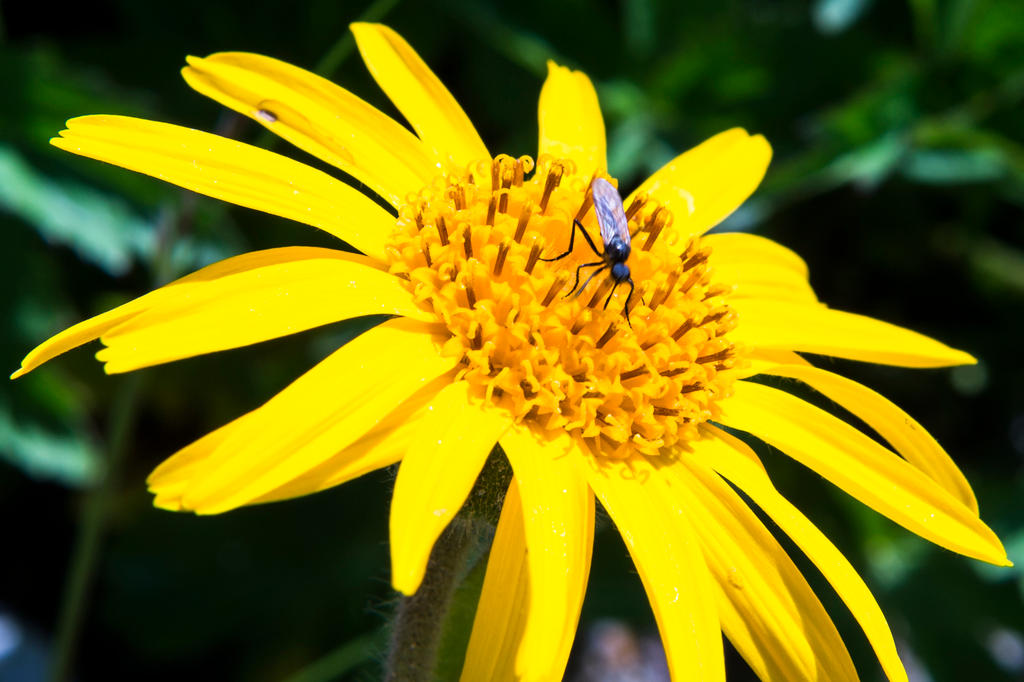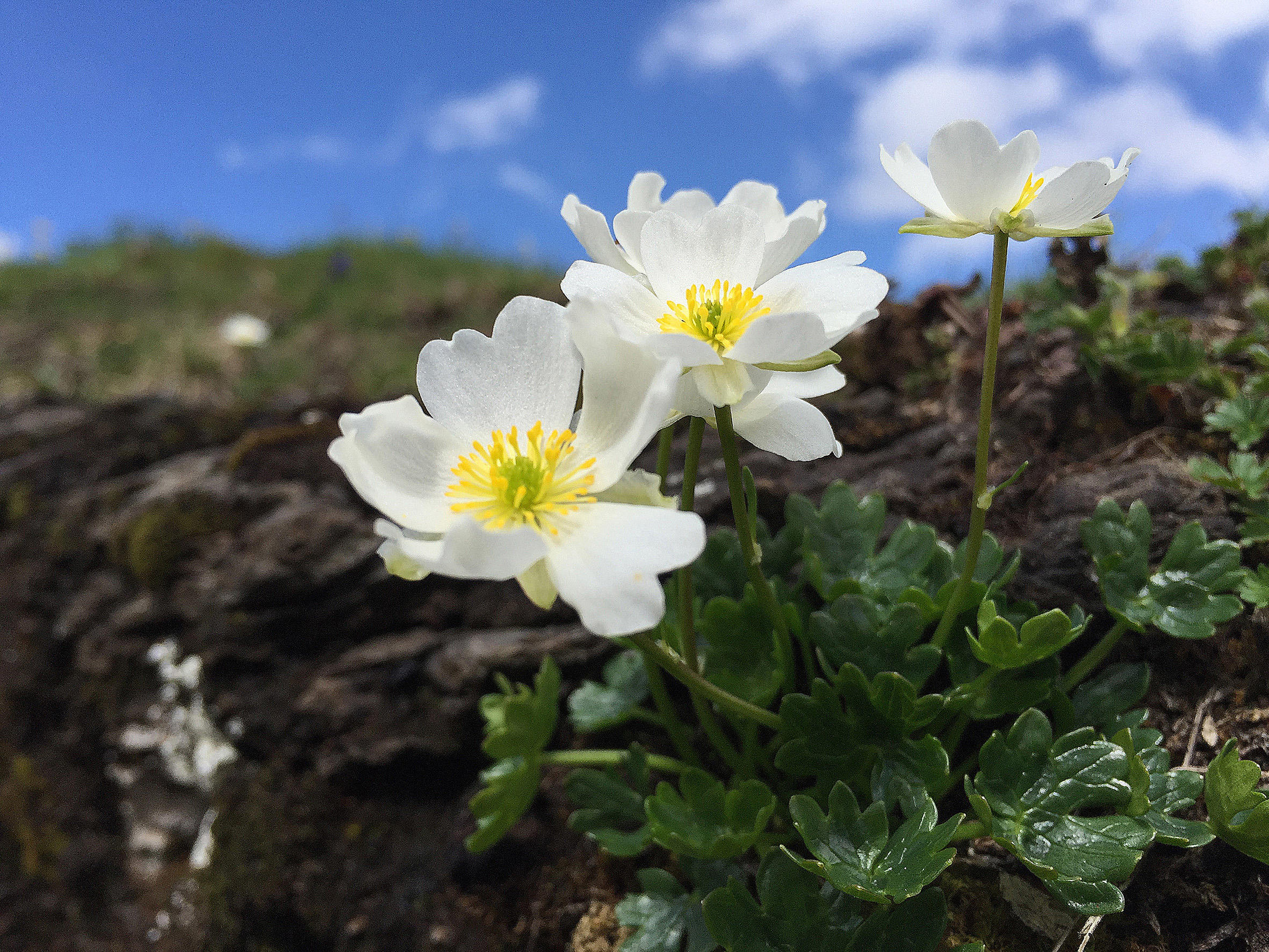
Global warming drives plants to higher altitudes

Significantly more plant species are growing on mountain tops today than 100 years ago. This trend is linked to global warming, Swiss scientists have helped demonstrate for the first time.
Researchers from 11 countries, including from the Swiss Federal Institute for Forest, Snow and Landscape ResearchExternal link (WSL), analysed plant surveys taken from 302 European mountain summits in the Alps, the Pyrenees, the Carpathians, and in Scotland and Scandinavia. They compared their results with data on vegetation going back 145 years.

More
Alpine flowers fight for food and space
“We find a continent-wide acceleration in the rate of increase in plant species richness, with five times as much species enrichment between 2007 and 2016 as 50 years ago, between 1957 and 1966,” they wroteExternal link in the science journal Nature.
This acceleration was “strikingly synchronised” with accelerated global warming, they concluded, and was not linked to alternative factors such as pollution or more humans on mountains.
“This is the first time that such an accelerated response to climate warming has been demonstrated in Alpine habitats,” said Sonja Wipf at the WSL, one of the study leaders.
So far, such accelerated processes – caused by ever faster global warming – have been demonstrated primarily for inanimate systems, such as glaciers.
Consequences
Global warming is enabling more and more thermophilic species (which thrive in higher temperatures) to push up into regions of higher altitude, where they were unable to survive in the past. These species include arnica, alpine meadow grass, alpine dandelion, and cranberry bushes.
While the thought of blossoming mountain tops might be welcomed by some people, the WSL points to potential negative consequences of increased biodiversity.
“On average, these plants are larger and thus more competitive than traditional summit species, which are therefore in danger of being forced out in the longer term,” the researchers wrote.
“However, it will be decades before we know how climate change has altered the composition of summit species in the long run.”

In compliance with the JTI standards
More: SWI swissinfo.ch certified by the Journalism Trust Initiative




























You can find an overview of ongoing debates with our journalists here . Please join us!
If you want to start a conversation about a topic raised in this article or want to report factual errors, email us at english@swissinfo.ch.